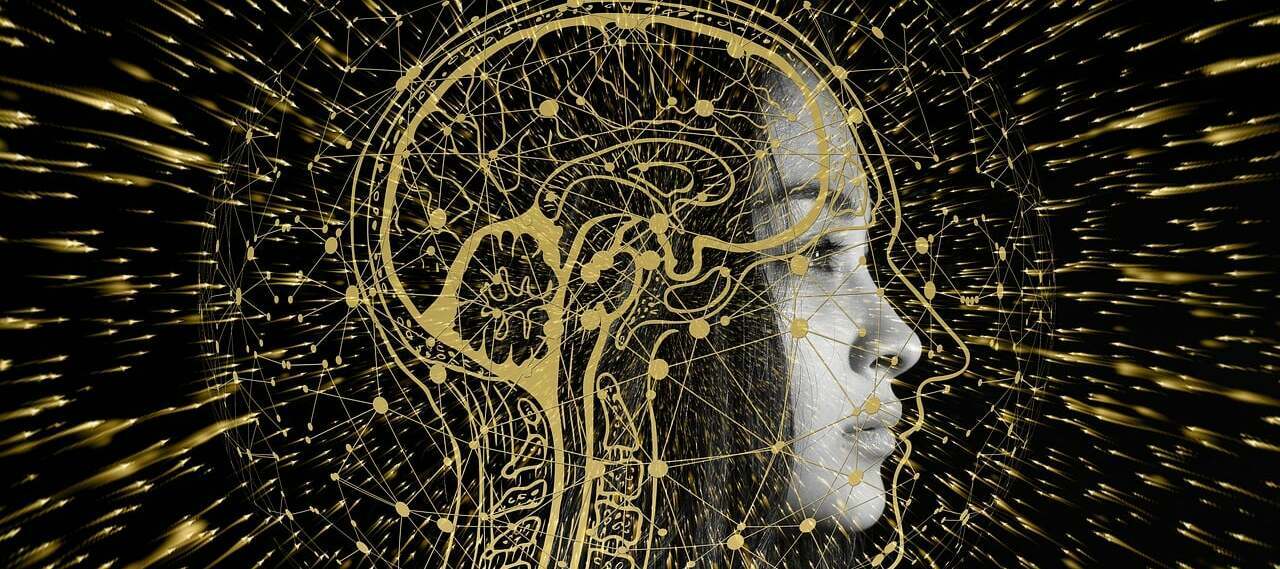
Advanced AI Needs Machines That Learn More Like Humans
Scientists say they are one step closer to creating artificial intelligence that can mimic human learning.
At a machine learning conference held in Honolulu this week, researchers at Ohio State University said they analyzed a process called "continual learning," which allows a computer to continuously acquire new skills without forgetting previous knowledge—much like humans build upon prior experiences to learn new things.
The team said that artificial neural networks can suffer from "catastrophic forgetting," meaning that as they take on new tasks, they lose information from earlier training. This poses a problem as society grows more reliant on AI systems in areas like self-driving cars.
"As automated driving applications or other robotic systems are taught new things, it's important that they don't forget the lessons they've already learned for our safety and theirs," said Ness Shroff, an Ohio Eminent Scholar and professor of computer science and engineering who led the study.
The study revealed that, similar to people, artificial networks better retain information when trained on diverse, dissimilar tasks rather than ones that share features. Teaching an algorithm varied tasks early on expands its capacity to absorb new information.
"Our work heralds a new era of intelligent machines that can learn and adapt like their human counterparts," Shroff said.
The research brings scientists closer to developing AI that exhibits lifelong, human-like learning. This could allow algorithms to be scaled up faster and adapted to evolving environments.
The Ohio State University research was one of dozens of presentations featured at the 40th annual International Conference on Machine Learning.

LeackStat 2023
